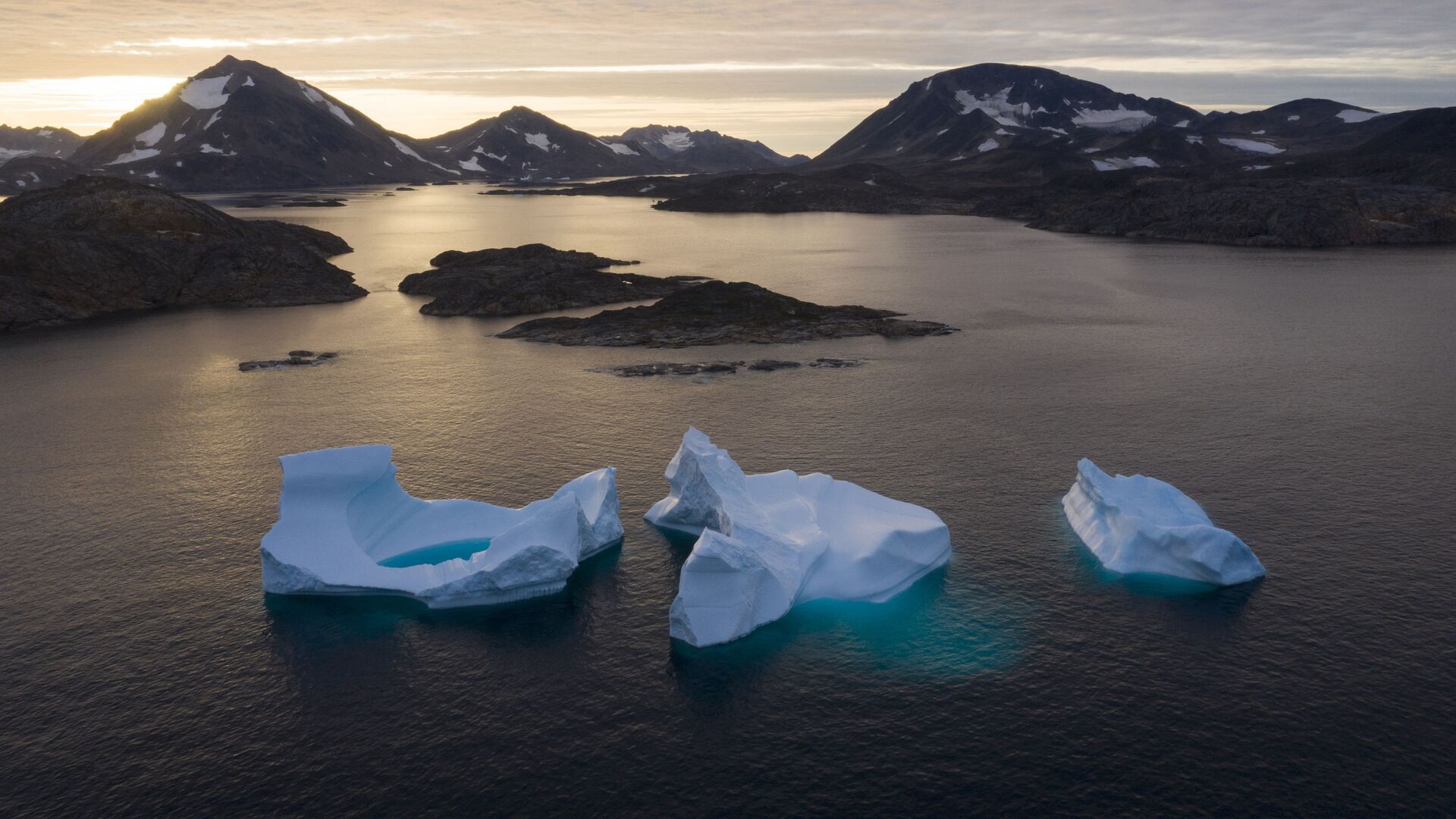A left-wing environmentalist party pushing for a moratorium on uranium mining has won a clear victory in Greenland's parliamentary election, wiping out the prospects for the divisive Kvanefjeld project.
Kvanefjeld (or Kuannersuit) was largely seen as Greenland's first serious step towards not only economic self-sufficiency (and potentially full independence from Denmark), but also becoming a legitimate geopolitical player in rare earths and uranium mining.
With 36.6 percent of the vote, the left-wing environmentalist party Inuit Ataqatigiit (IA) raced ahead of the social democratic party Siumut, which has largely steered the largest part of the Danish realm since it gained autonomy in 1979. Still, with 12 out of the 31 seats in the Greenlandic parliament, IA is expected to join forces with smaller parties to secure its policies, Danish Radio reported.
The fateful question of the election was whether to green-light the giant rare earth and uranium mining project, which is currently the subject of public hearings.
The Kvanefjeld deposit, in the island's south, is considered one of the world's richest in uranium and rare earth minerals, a group of 17 extremely valuable metals used as components in everything from smartphones to electric cars and weapons. The opponents of the project led by the Chinese-owned Australian group Greenland Minerals claimed it has too many environmental risks, including radioactive waste.
IA also vowed to sign the Paris Climate Agreement if it comes to power. So far, keeping the option of large-scale mining open was largely seen as the only reason why Greenland has not signed the climate accord.
Additionally, IA's policies also put a question mark on Greenland's quest for independence, as a strong local economy is crucial if the island would seek to gain full sovereignty from Copenhagen someday (which some parties, including Siumut, push for). With the lucrative minerals remaining in the ground, Greenland appears to be missing out on significant earnings and economic activity.
Denmark, who is not opposed to Nuuk's independence, gives the island annual subsidies of around $600 million, which accounts for about two-thirds of Greenland's government budget or about one-quarter of the nation's entire GDP.
Greenlandic leaders have emphasised the necessity to diversify the island's economy, which, apart from the annual block grant from the Danish state, mainly relies on fishery and tourism. Previous polls indicated that while there is a clear majority for full independence among the Greenlandic people, there was a clear opposition to it, should it imply a fall in living standards.
The world's largest island with a tiny population of 56,000, Greenland is the least densely populated territory in the world, with an inhospitable climate and a drastic lack of infrastructure between isolated coastal settlements. Despite enjoying broad autonomy and being home to Thule, America's northernmost airbase, Greenland remains part of the Danish Realm.




